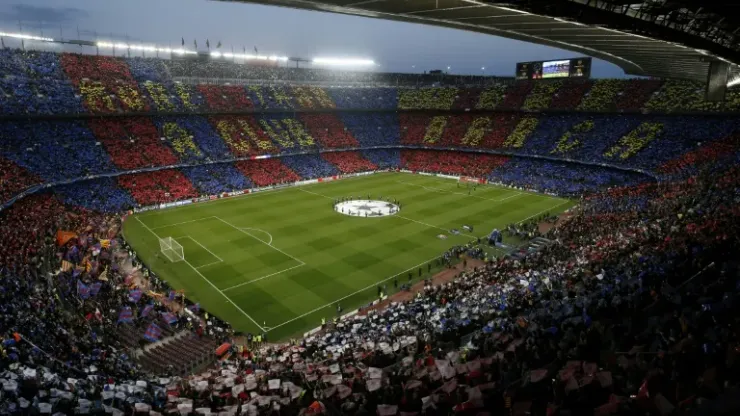Madrid (AFP) – While Spain mourns following the terror attacks in Catalonia, security will be in the spotlight as two global sporting events get under way this weekend in La Liga and the Vuelta cycling race.
After a three-month summer break, La Liga returns on Friday night with the first of 10 matches over the weekend. Thousands of police officers and security personnel will be mobilised in and around Spanish stadiums.
The Vuelta, one of cycling’s three Grand Tours, begins in the French city of Nimes on Saturday but the three-week race enters Spain on Tuesday with a stage finishing in Tarragona. Thousands of spectators will line the route.
Tarragona is only 20 kilometres along the Mediterranean coast from Cambrils, where a car rammed into pedestrians, injuring six civilians and a police officer early on Friday morning. One of the civilians later died.
That incident came just hours after the attack in Barcelona, when a white van sped down the popular Las Ramblas avenue, packed full of tourists on Thursday afternoon, knocking people down and killing 13 in a scene of chaos and horror.
But authorities in Spain — a country obsessed with football — have not taken the decision to cancel all sporting events despite security fears.
The LFP, the body that runs La Liga, confirmed that top-flight matches, including Barcelona’s home meeting with Betis at the Camp Nou on Sunday, will go ahead as planned. A minute’s silence will be held before kick-offs around the country.
– Maximum measures –
“La Liga…hopes that supporters will be able to enjoy matches normally on the opening matchday,” they said in a mail sent to AFP.
Barcelona said that postponing Sunday’s game with Betis, due to kick off at 8:15pm (1815 GMT) had not been considered.
The club were waiting for instructions from authorities about any additional security measures that may be required at the Camp Nou, the biggest football ground in Europe with a capacity of 99,354.
“Given the increase in situations of danger, terrorism, the club have already taken measures to reinforce security,” said a club spokesperson.
“The rule is to apply the maximum possible measures, and in extraordinary situations like this, apply them much more strictly.”
In Nimes the same level of vigilance is being used by organisers of the Vuelta. They said on Friday that they were working with authorities to assure the protection of fans and of the event itself.
The first two stages on Saturday and Sunday take place in southern France before Monday’s third stage in the Pyrenees concludes in Andorra.
“Extraordinary measures” have been taken by the government of Andorra, with more agents mobilised and border controls reinforced in the tiny principality that borders France and Spain.
“The Andorran government and the security forces want to transmit a message of calm, as the extraordinary security measures taken come from a desire to prevent anything from happening,” Andorran authorities declared in a statement.
The Vuelta, like most cycling races, is by its very nature eminently complex in terms of security with potentially millions of spectators lining roads and large numbers of people gathering in towns where stages begin or end.
But riders are refusing to be cowed.
“I think we are all shocked at what happened in Barcelona yesterday”, said Spain’s Alberto Contador, a three-time former winner of the Vuelta, on Friday.
But he insisted he is not worrying about the risk of an attack during the race.
“I think it is something we must not think about….These are incredible things which can happen in these times. I think the best way to pay tribute is to carry on with our lives as normal.”
200+ Channels With Sports & News
- Starting price: $33/mo. for fubo Latino Package
- Watch Premier League, Women’s World Cup, Euro 2024 & Gold Cup
The New Home of MLS
- Price: $14.99/mo. for MLS Season Pass
- Watch every MLS game including playoffs & Leagues Cup
Many Sports & ESPN Originals
- Price: $10.99/mo. (or get ESPN+, Hulu & Disney+ for $14.99/mo.)
- Features Bundesliga, LaLiga, Championship, & FA Cup
2,000+ soccer games per year
- Price: $5.99/mo
- Features Champions League, Serie A, Europa League & Brasileirāo
175 Premier League Games & PL TV
- Starting price: $5.99/mo. for Peacock Premium
- Watch 175 exclusive EPL games per season






